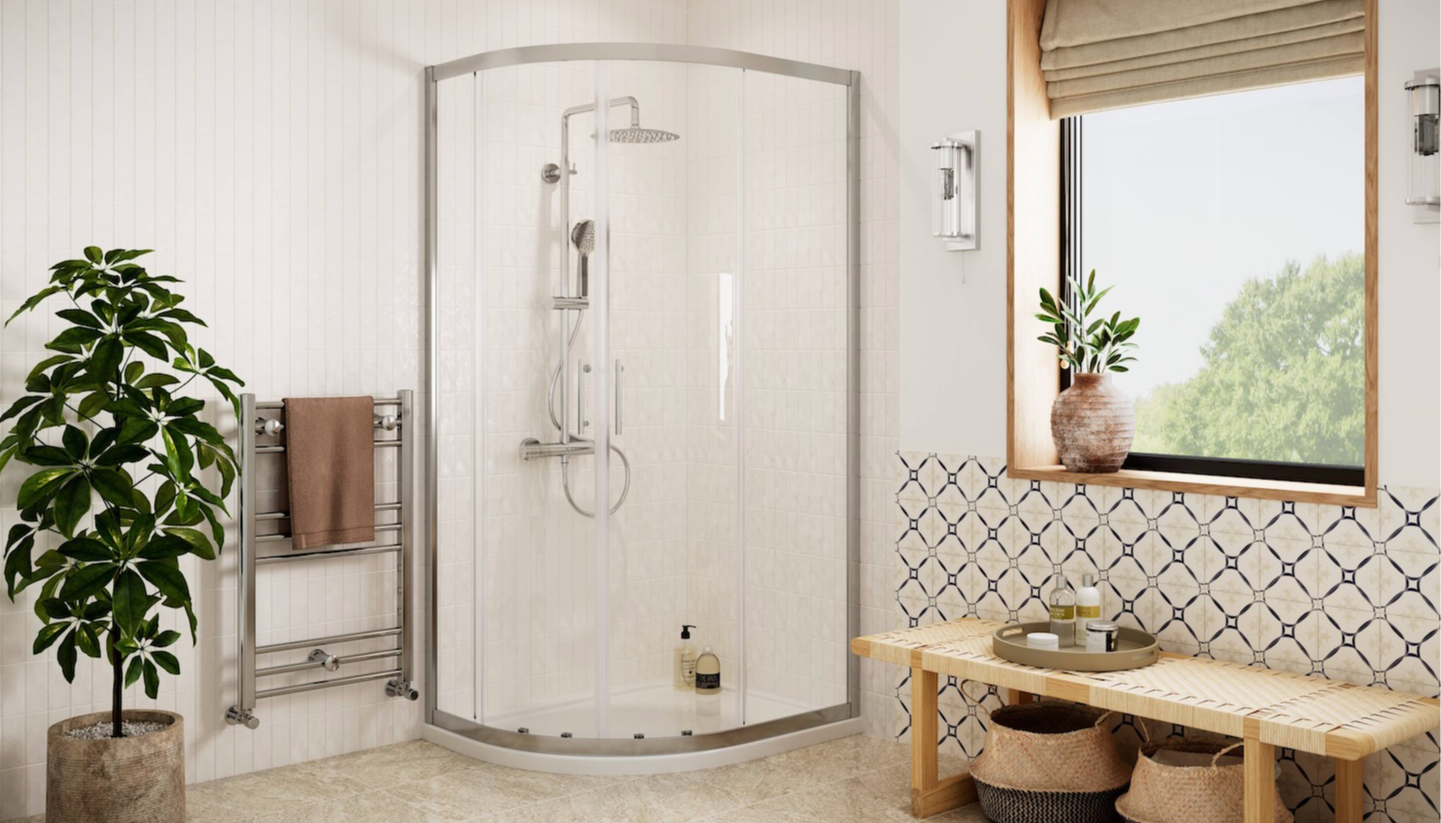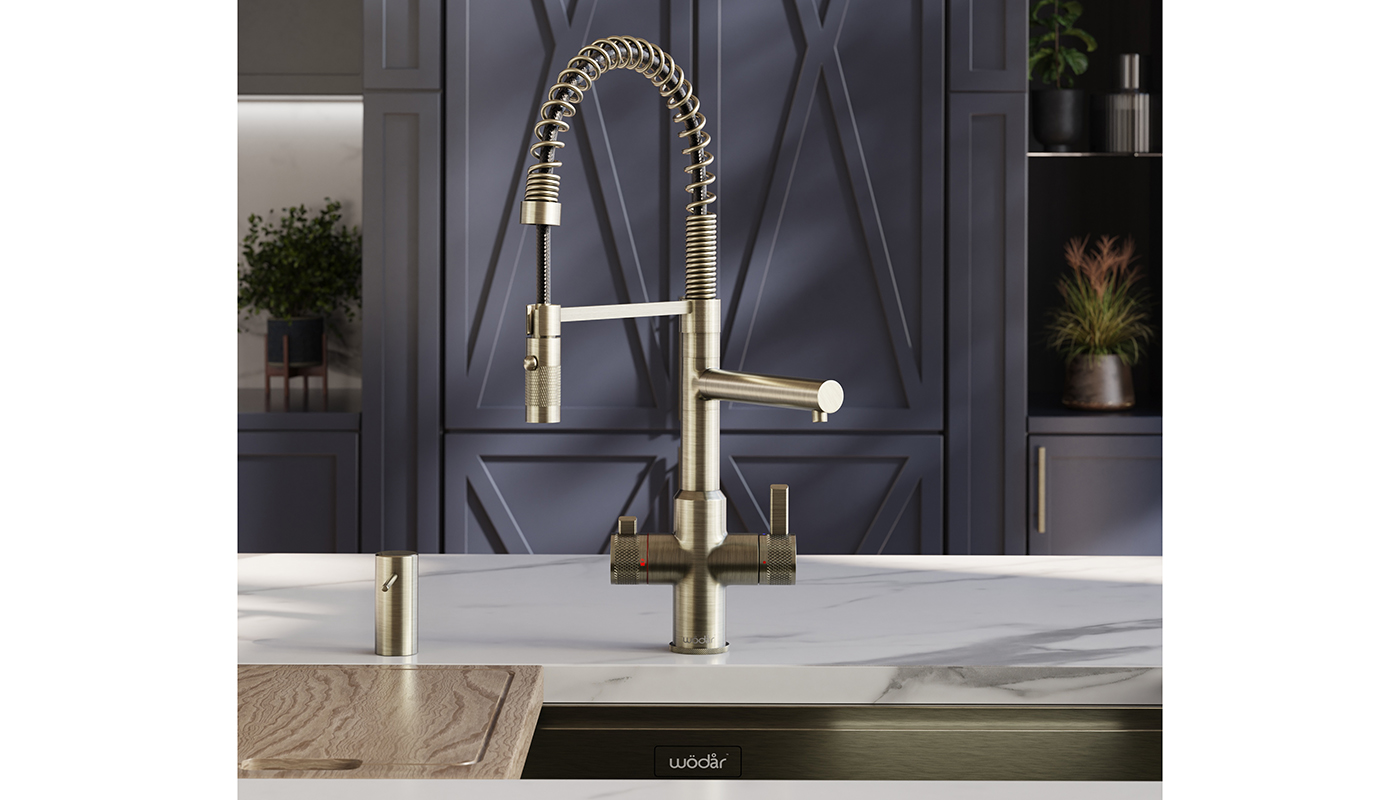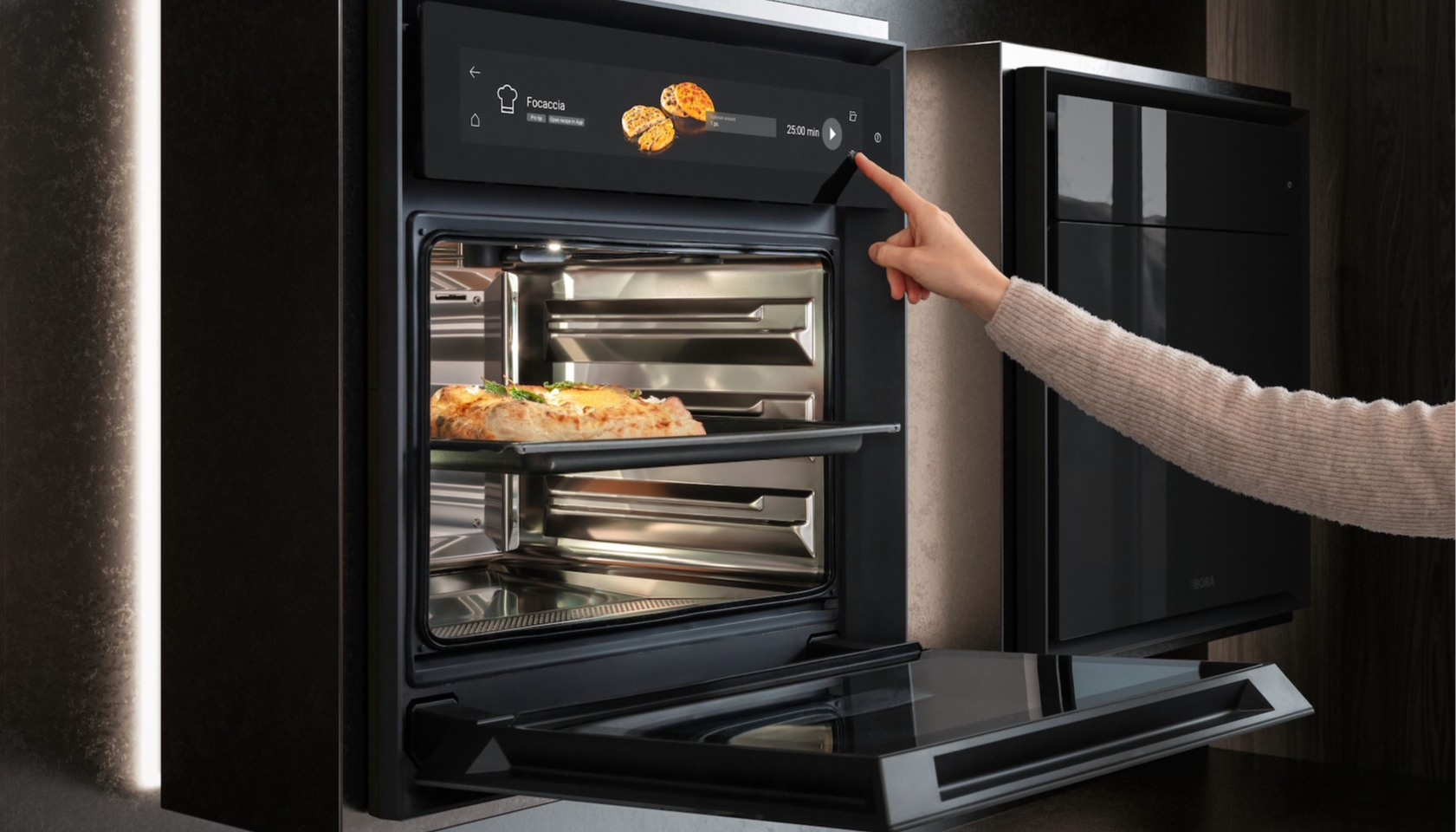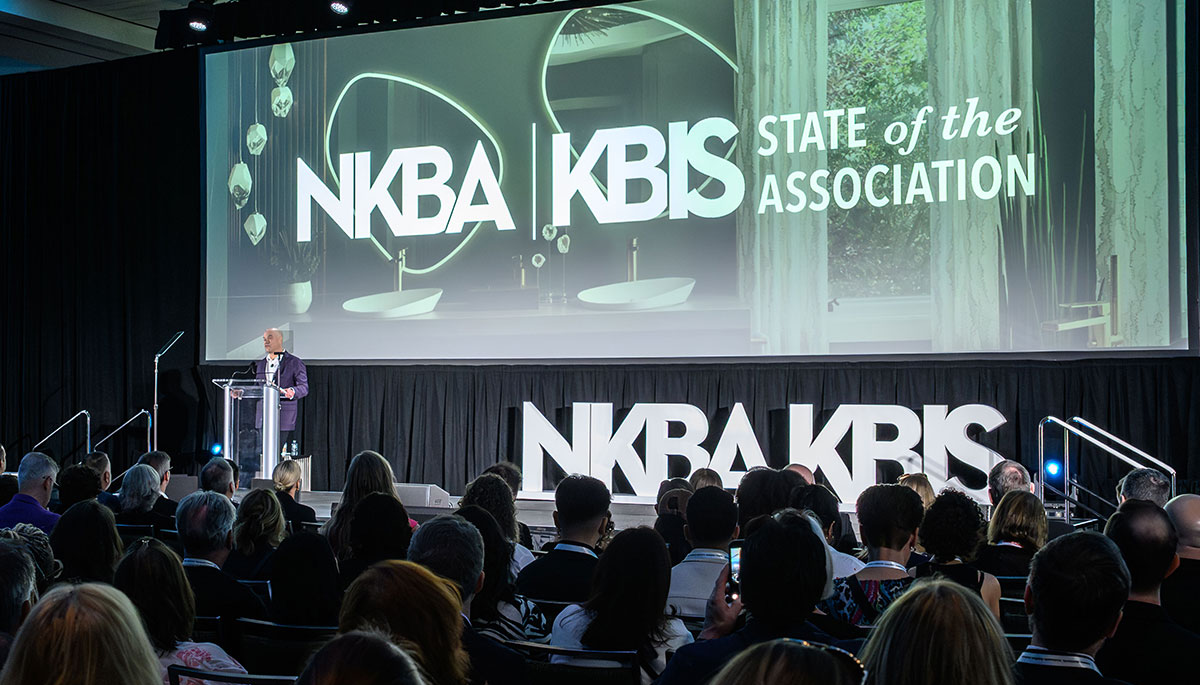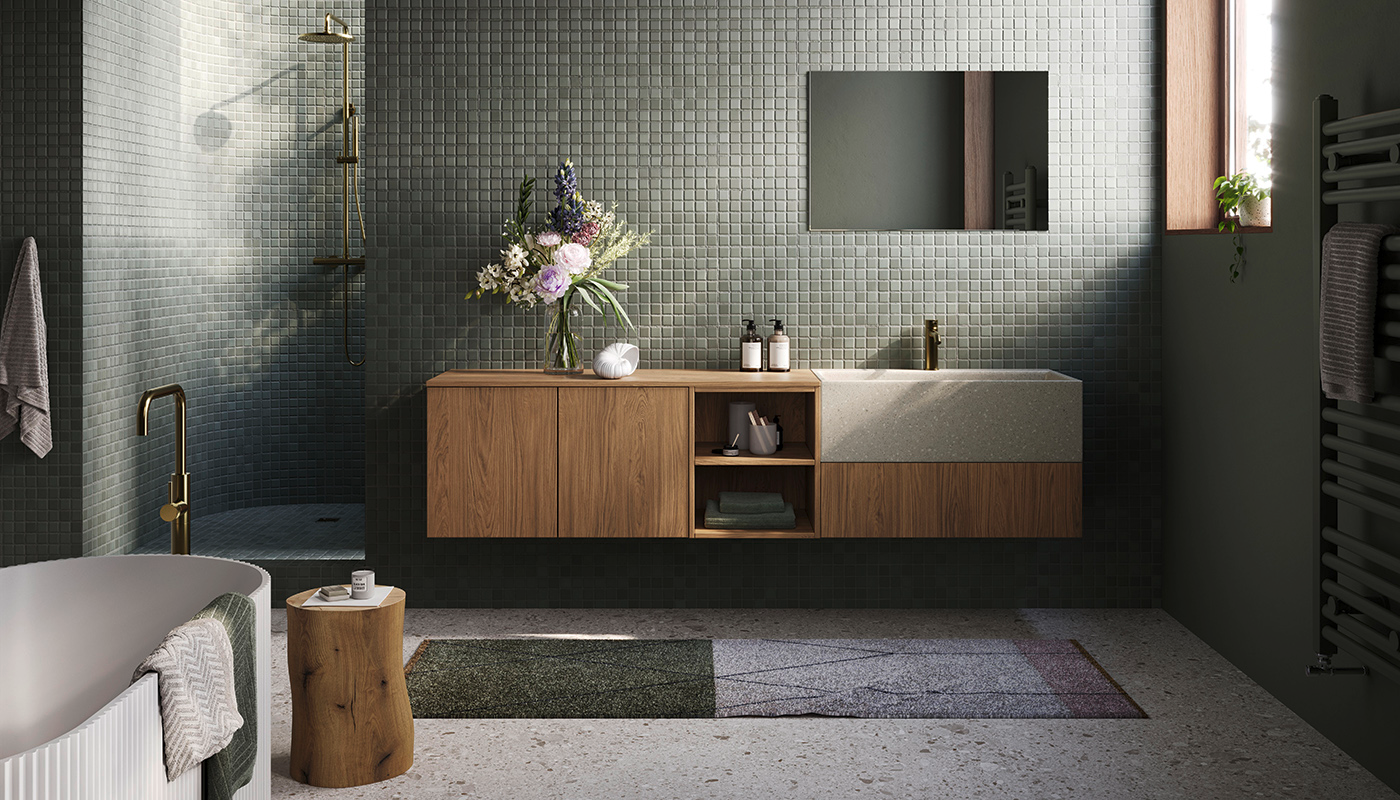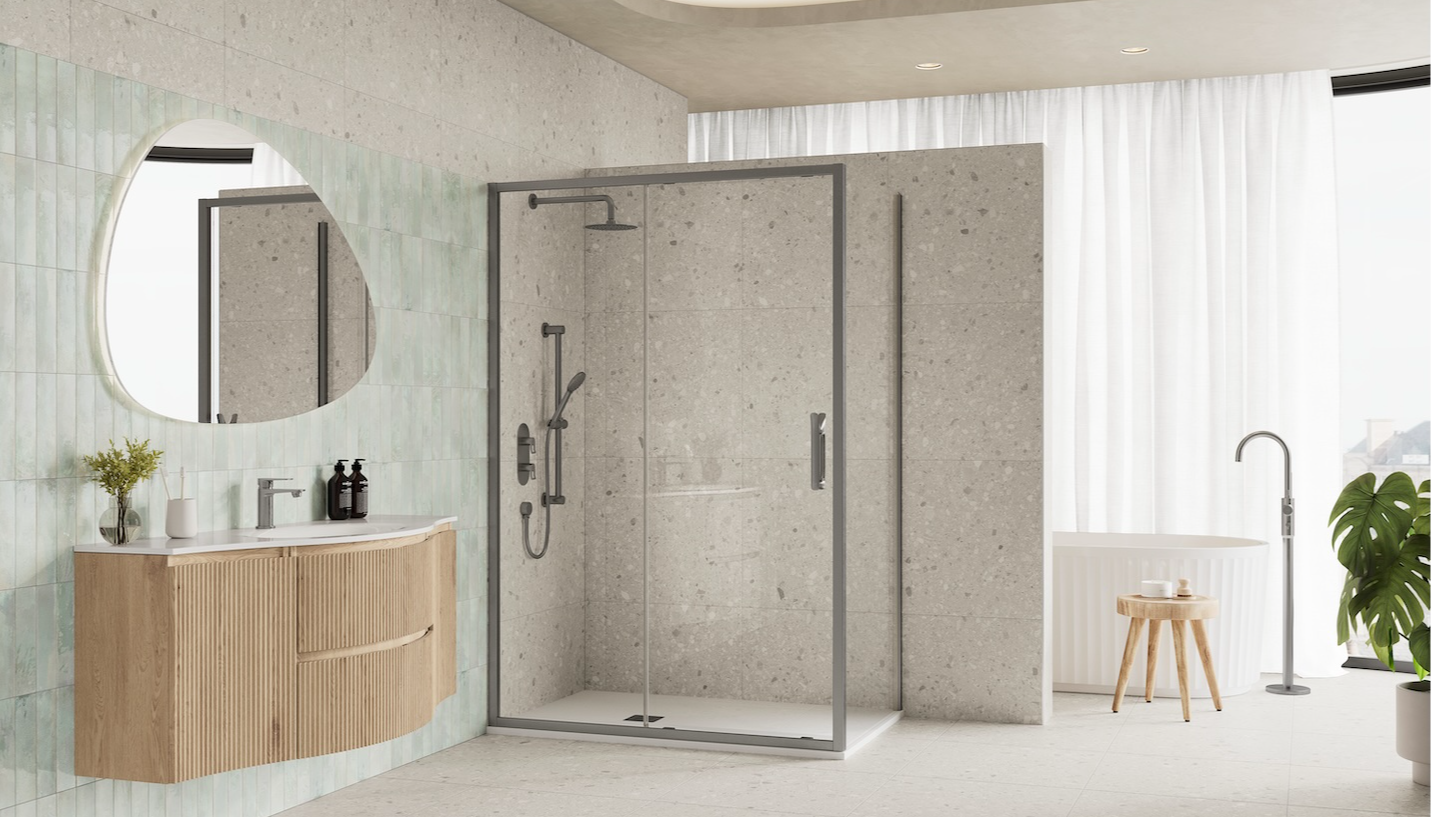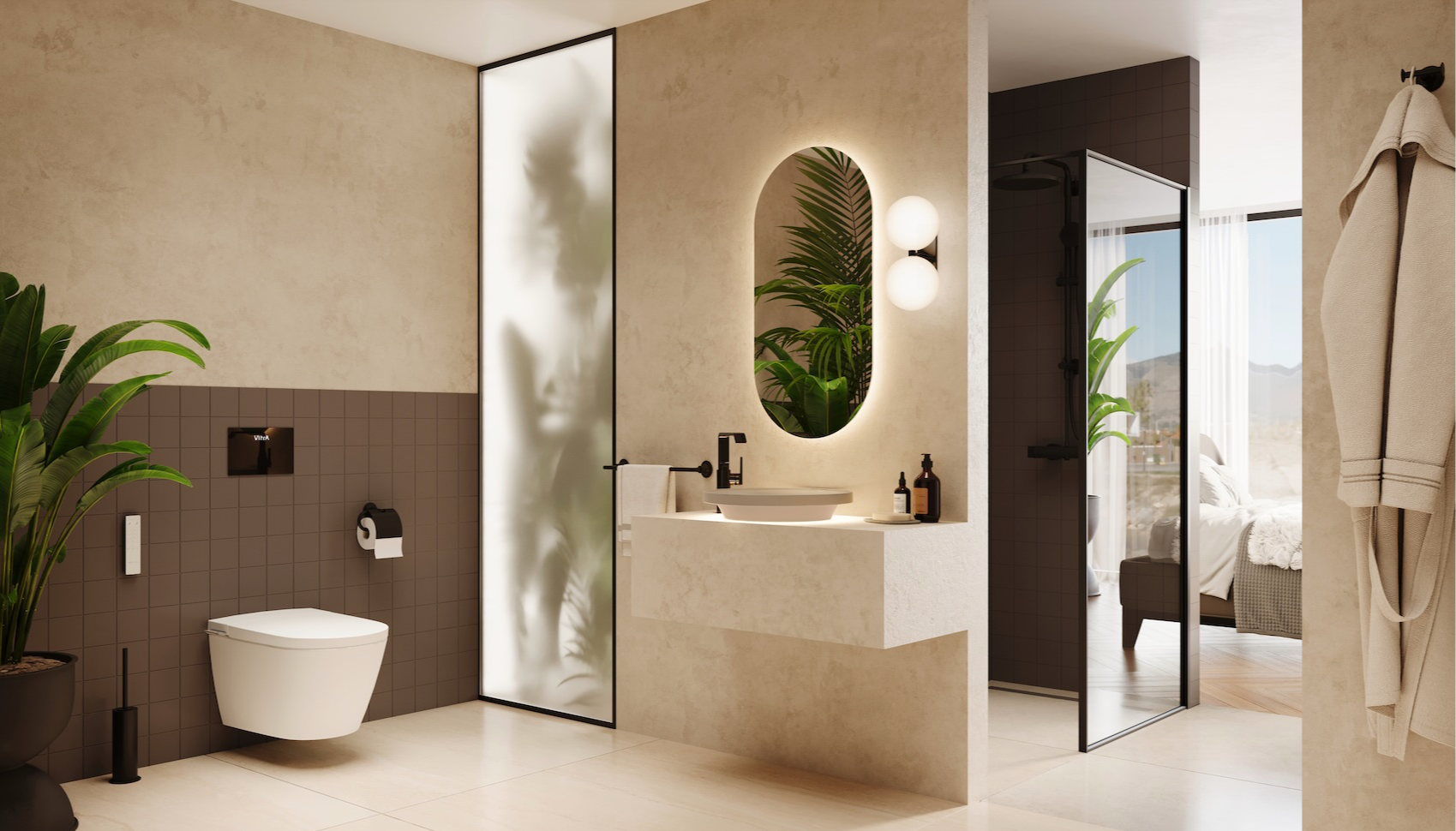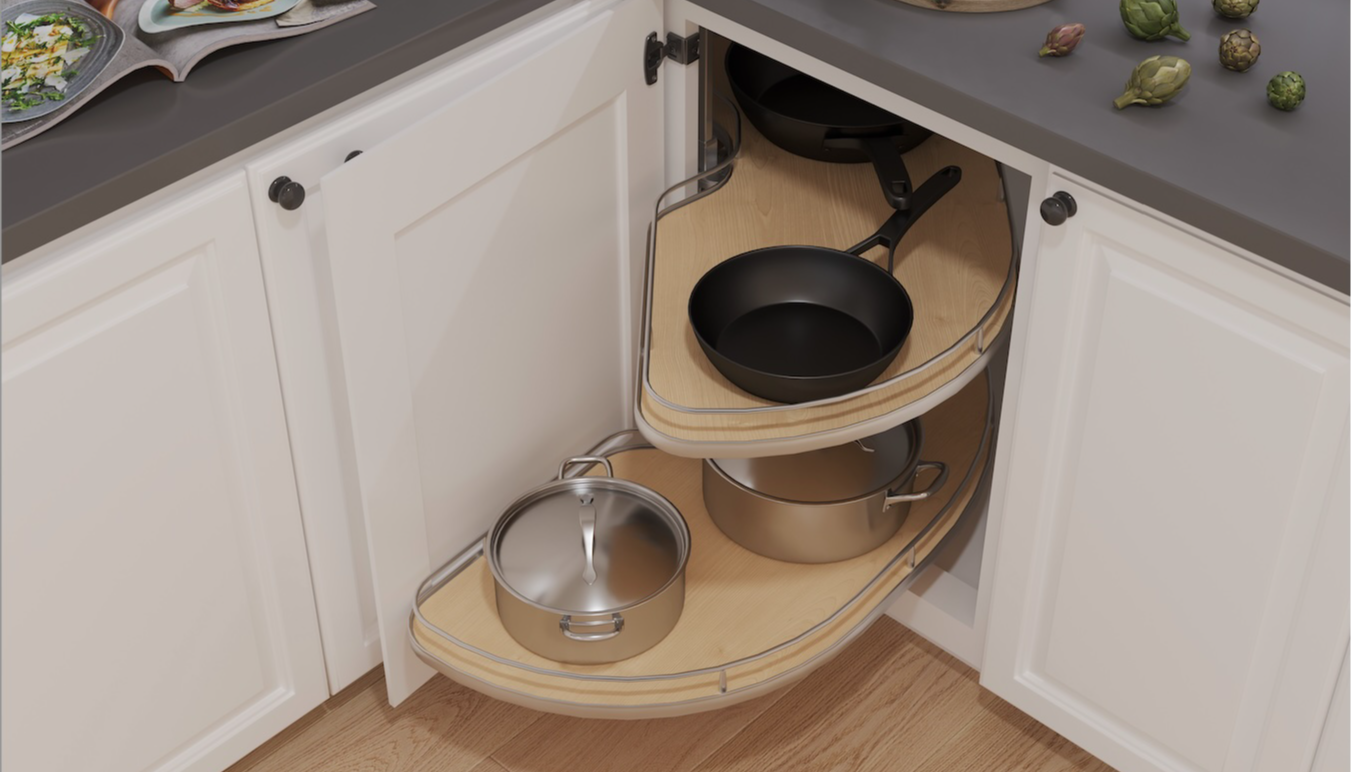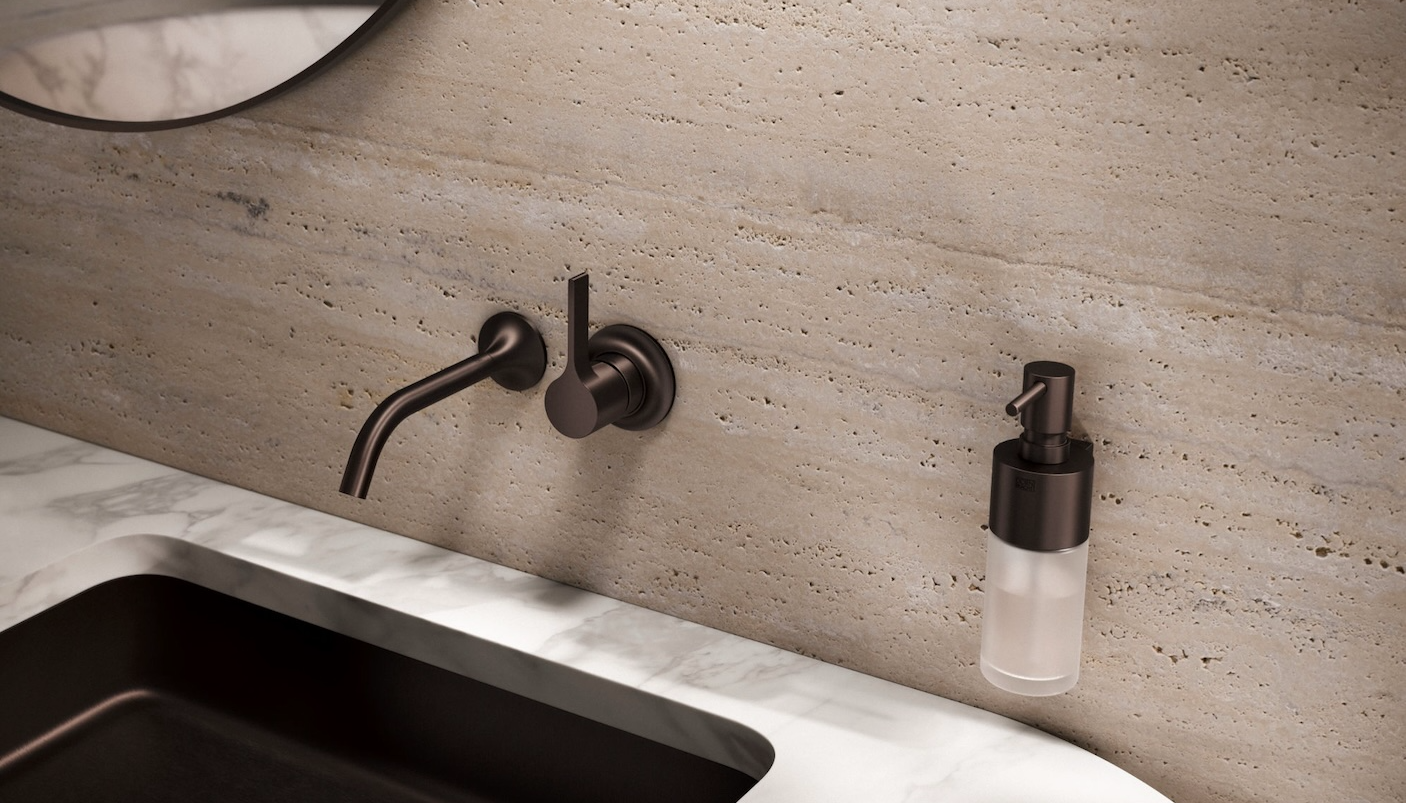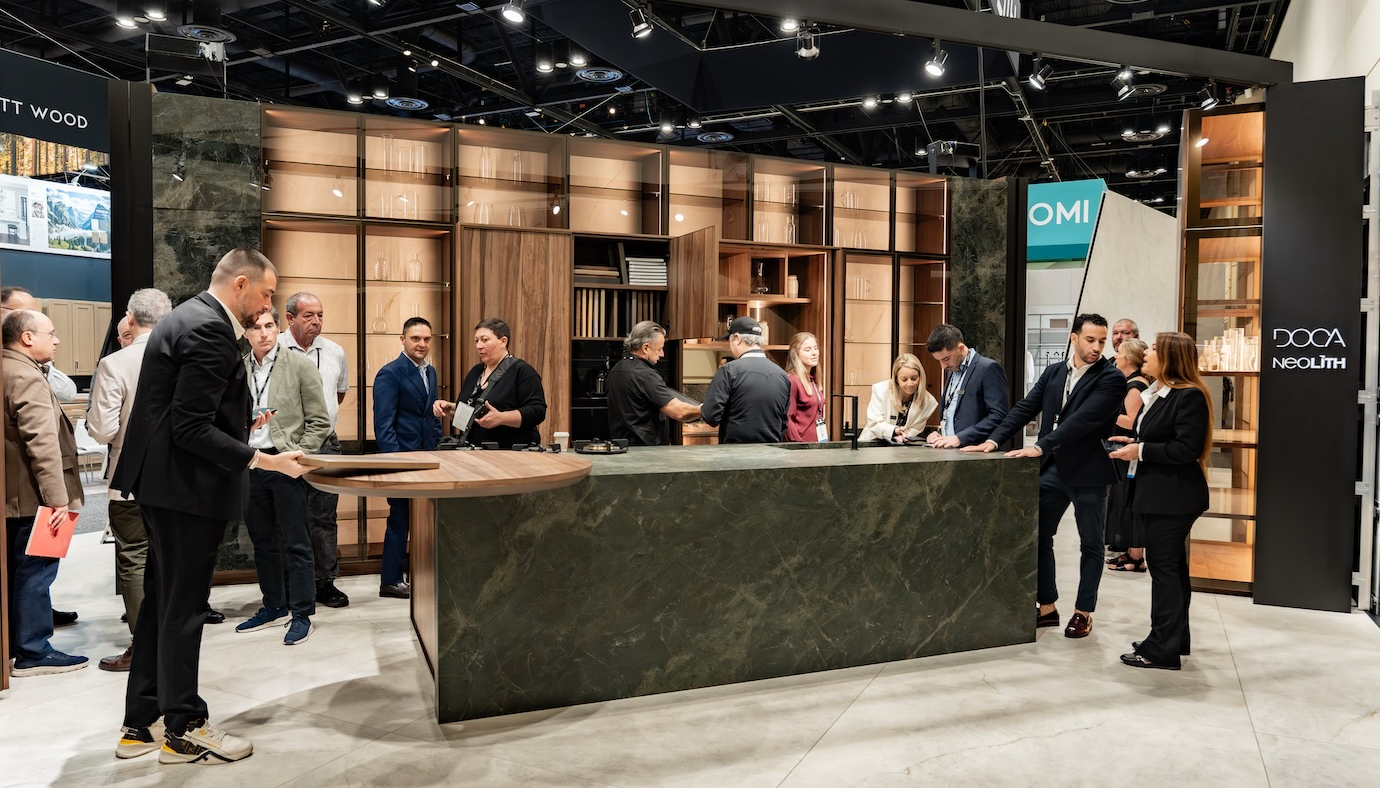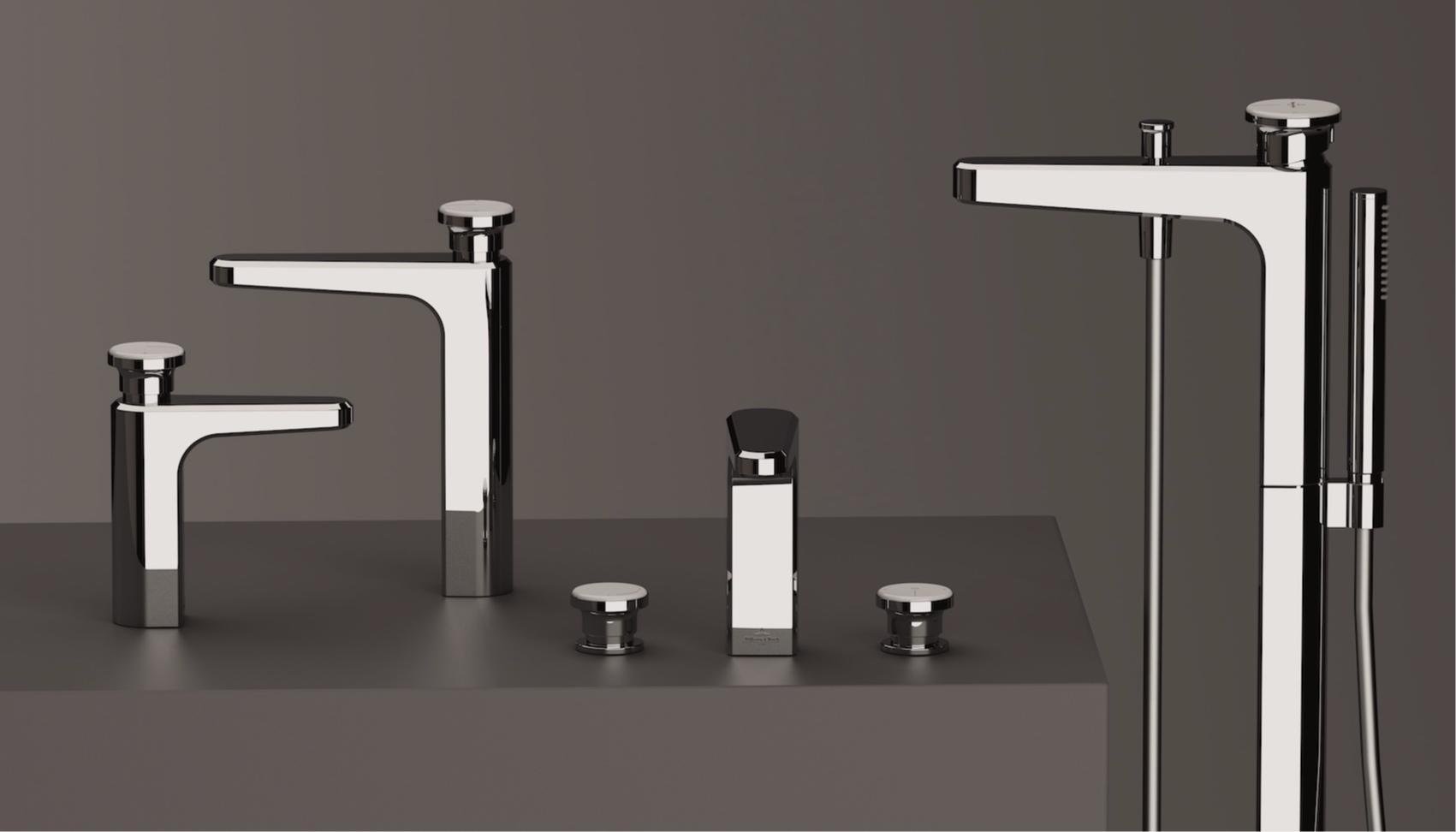Kitchen focus – Is it ever worth cutting corners when it comes to worktops?
Tue 19th Aug 2025 by Clare Howcutt-Kelly
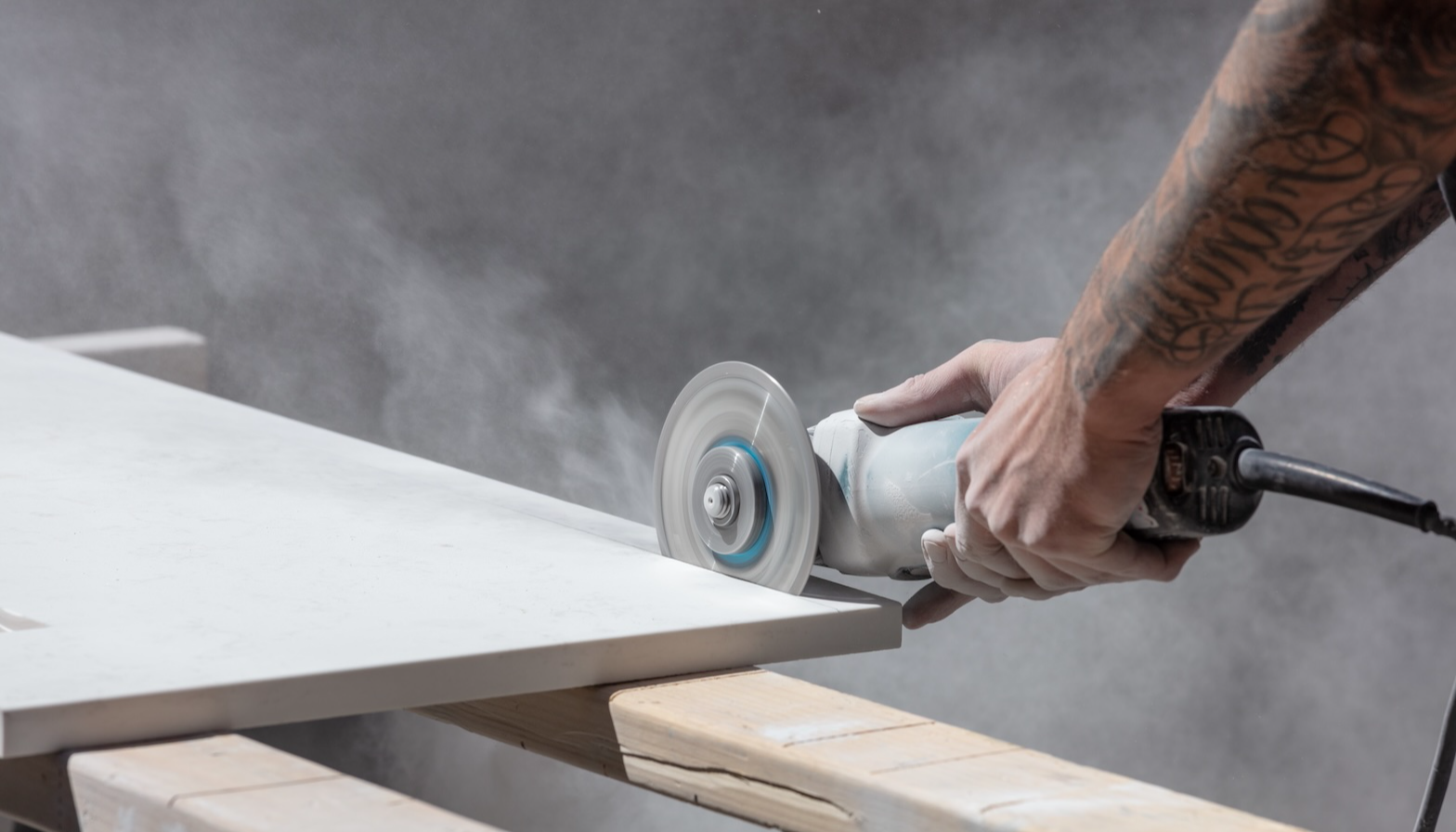
Kitchen focus – Is it ever worth cutting corners when it comes to worktops?
As tempting as it may be to trim a project's budget by cutting work surface costs, the results can be seriously counterproductive – Clare Howcutt-Kelly takes a look.
I don’t know how well your business is performing. I can look at statistics to get a broad view of the market but what I can say, with a certain amount of conviction, is that things are tough out there.
And when things are tough, it’s inevitable that people take shortcuts choosing cheaper materials or employing contractors whose work is less than perfect – be it the fabricator or the fitter.
Take this scenario as a potential example. One of a sales team sells a kitchen to a customer, their role is commission-based and though the timing is tight, they are committed to delivering the kitchen. The usual fabricator explains it’s not possible; they can’t complete the job that quickly because there would be a significant compromise in quality. Another company accepts the job, and very few questions are asked. Within a matter of weeks, the kitchen is fitted and the customer is happy.
Gavin Shaw, MD of Laminam, says: "It’s understandable that retailers are under pressure to secure business. However, cutting corners, especially on something as fundamental as the worktop, is a risky approach. While opting for lower-cost materials might help close a sale in the short term, it frequently results in quality issues further down the line. Ultimately, it is the retailer who is left to resolve the consequences.”
Kitchen warranties vary widely from anywhere between 2 to 25 years so it would be perfectly realistic to think that, should the original customer come back with a complaint about the worktop, a certain amount of time may have elapsed. So what do you do?
“We encounter this situation too often – end consumers who have been supplied with substandard worktops turn to us for advice once problems begin to emerge. A failing surface, whether through staining, cracking, or delaminating, not only undermines customer satisfaction but can also significantly damage a retailer’s reputation,“ explains Laminam's Shaw. “For this reason, selecting a proven, high-performing product is essential. As a premium brand, our surfaces undergo rigorous quality control throughout the manufacturing process and are backed by a comprehensive 25-year warranty. We offer retailers and their customers the assurance that the product will perform to the highest standards for many years to come.”
Ensuring you recommend and specify quality materials solves part of the problem, but there are still aspects of the process that are essentially conducted behind closed doors. A good fabricator will take pride in the job and have expertise working with particular materials; they look after their machinery and produce beautiful results.
Andy Phillips, owner of Affordable Granite offers his take: “It concerns me that the emphasis is often on speed rather than quality and when it comes to independent kitchen retailers, a lot depends on the fitter. Sometimes they are just not given long enough to do a good job. Some companies use subcontracted fitters who have to fit several kitchens a day to spread the overheads as thinly as they can.”
Among members of the Worktop Fabricators Federation (WFF), there have been members who have had to go and fix jobs undertaken poorly by other companies. One reported that a worktop wasn’t even stuck down properly which could have fallen and injured someone. How did this happen? The wrong adhesive was likely used.
And when you’re paying for someone to fix what should have been undertaken correctly in the first place, you’re losing money and risking your reputation.
“Some companies that rely on inexperienced designers can really get themselves into trouble but when we form long-term relationships it leads to better working practice all round,” adds Phillips.
Training then, is key and the majority of Worktop Fabricators Federation (WFF) members I spoke to agreed with this. However, if you’re selling kitchens in any shape or form, you can minimise issues when you work with companies that are aligned with your own values and have a thorough understanding of the process. A guarantee protects your customer, but it’s crucial to work with companies you trust to protect your business, too.
Clare Howcutt-Kelly is the communications officer for the Worktop Fabricators Federation (WFF) and can found on Instagram @clarehowcuttkelly
Tags: insight, features, worktops, work surfaces, fabricators, gavin shaw, andy phillips, kitchens




